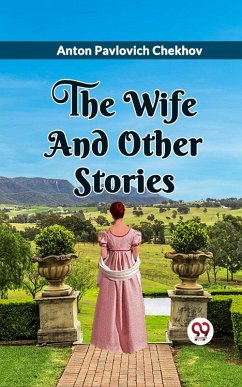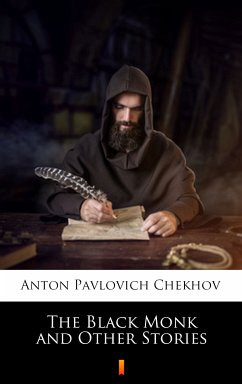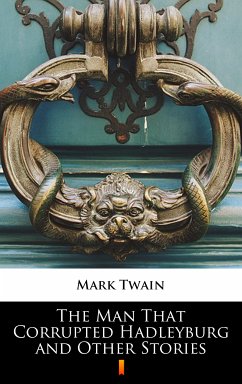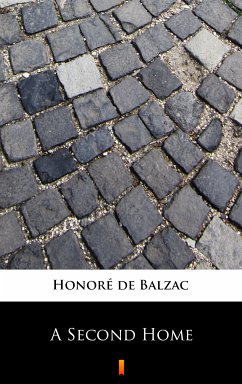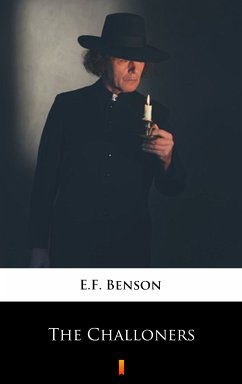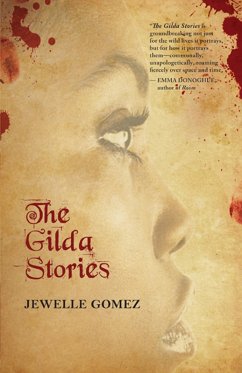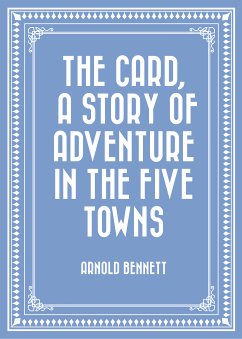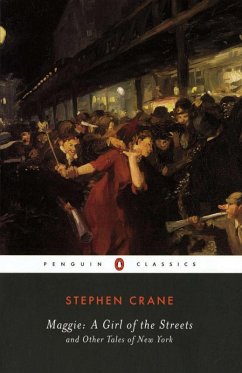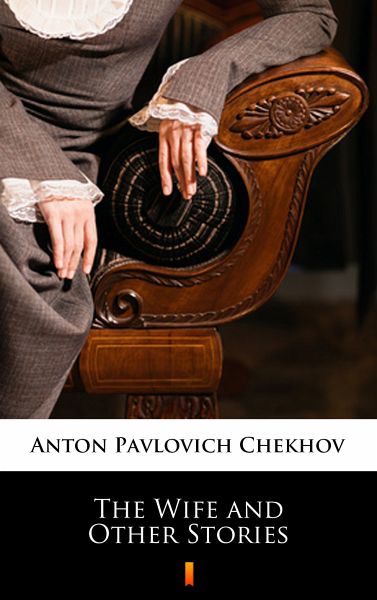
The Wife and Other Stories (eBook, ePUB)

PAYBACK Punkte
0 °P sammeln!
In this story, the couple can not find a common language. After all, the wife does not agree with the point of view of her husband. She is capricious and does not want to solve their problems. But then we find hints of a deeper history of their relationship, which can prove that it is more reasonable than we suspect. This is a simple story, but with a very deep meaning.
Dieser Download kann aus rechtlichen Gründen nur mit Rechnungsadresse in A, B, BG, CY, CZ, D, DK, EW, E, FIN, F, GR, HR, H, IRL, I, LT, L, LR, M, NL, PL, P, R, S, SLO, SK ausgeliefert werden.




